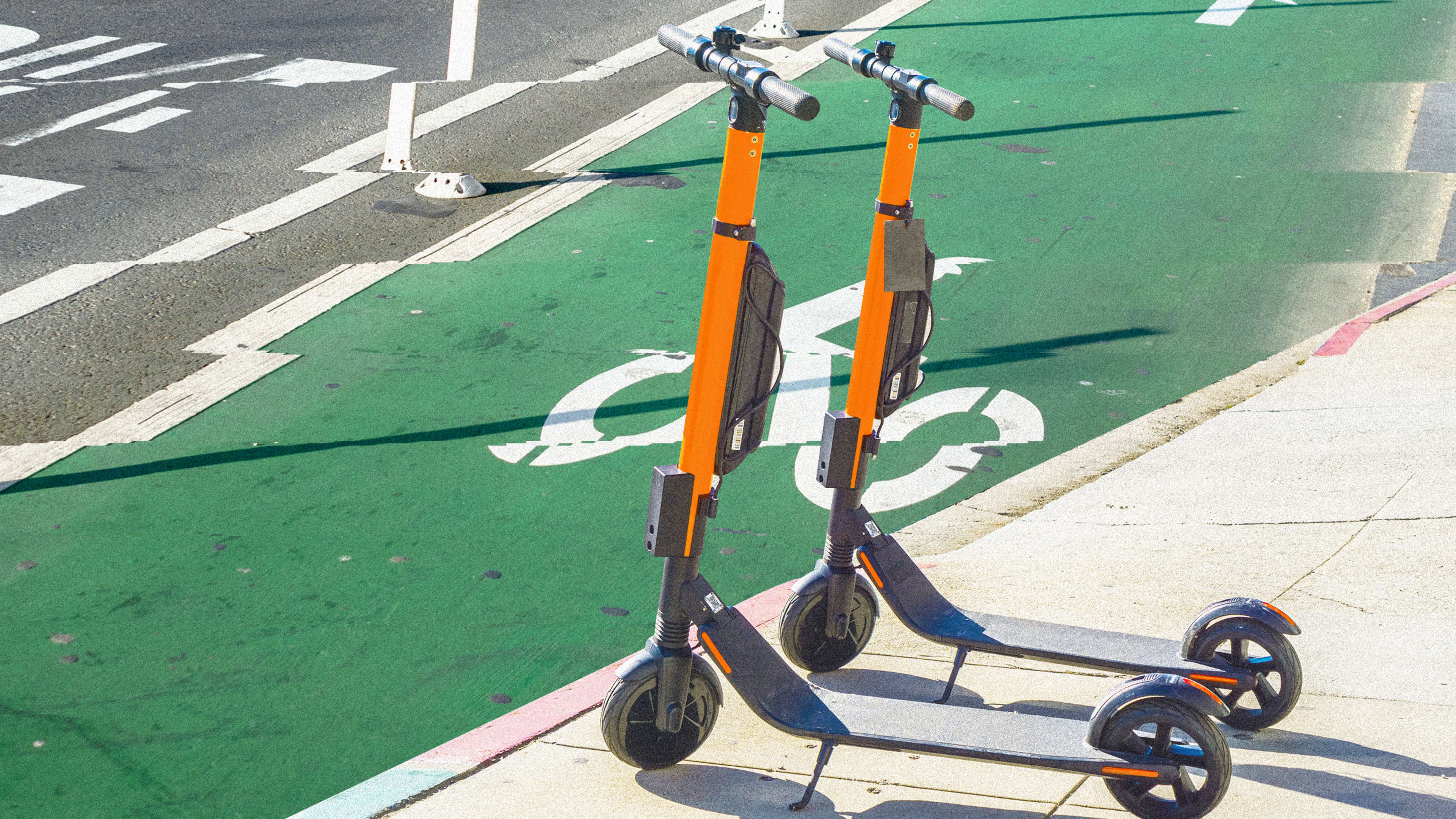As cities aim to grow more hospitable to fuel-efficient forms of transportation, allowing the proliferation of scooter and bicycle share programs, they have to grapple with how these mobility options fit into their current infrastructure. Cities often demand these companies serve neighborhoods equitably (or don’t serve neighborhoods at all) but can have a hard time enforcing these rules once the companies are operating. There are also problems with blocked sidewalks: In Seattle, where bike-share programs are especially popular, dockless bikes have also drawn complaints about overrun sidewalks (and proved the perfect prey for vandals). Meanwhile, cities across the U.S. have experienced spikes in scooter-related hospital visits, and tangles of scooters obstructing urban sidewalks have provoked a backlash. Dealing with these programs is costly for cities, where officials also have to contend with the ire scattered bicycles and scooters provoke from residents.
A company called Lacuna launched to help cities more effectively manage these new, environmentally friendly transportation options safely—from behind city officials’ computer screens. “With dockless e-scooters and bikeshare, cities have often had challenges around safety, sidewalk clutter, and neighborhood saturation,” says Lacuna CEO Hugh Martin in an email.
To better approach these challenges, Lacuna wants to help transportation agencies and bike-share companies effectively use available open-source solutions to manage safe transportation on U.S. cities’ streets.
Some of its services include helping cities analyze data from dockless e-scooter and bicycle share companies (in other words, programs where people can leave the scooters and bikes essentially anywhere along the road as opposed to in designated docking areas). For example, in Los Angeles, these companies have to share data with the city’s Department of Transportation. Lacuna offers a way for the city to collect standardized data from various bike- and scooter-share services using open-source software. The more data available, the better the city can make changes to help support scooter riders and cyclists.
Besides making city streets safer for alternative modes of transportation, Lacuna’s aim is to make implementing these modes cheaper for cities through effective management. The company will also help cities with open-source mapping software, ensuring safe and more widely shared routes for urban dwellers using the likes of scooters and bicycles to get around.
In addition to its open-source software services, Lacuna just purchased transportation technology consulting firm Ellis & Associates to offer consulting for cities working to improve their transportation options for residents. The company will provide support for city officials using, or hoping to use, open-source mobility software.
Martin won’t name specific cities Lacuna is working with but notes that the company also targets clients at the state and county level, as well as “departments of transportation, departments of public works, and agencies that control transportation in the public right of way.”
“Private companies have caused massive disruption in transportation,” said Martin. “Cities need new, nonproprietary tools to manage this new explosion of technology.”
Recognize your brand’s excellence by applying to this year’s Brands That Matter Awards before the early-rate deadline, May 3.
